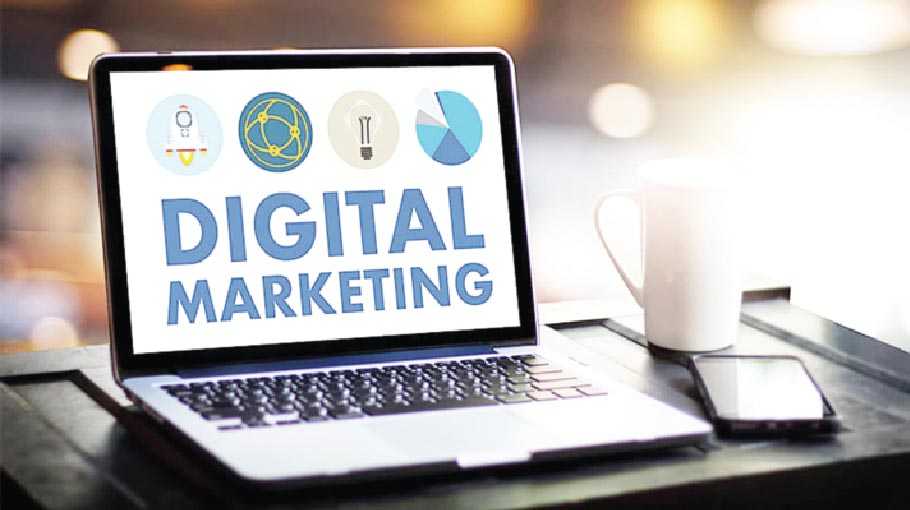The evolution of digital marketing in near future

Over the past two decades, digital marketing has transformed how companies leverage technology for their marketing efforts. The use of blogs, internet advertising, display advertising, email marketing, and search engine marketing has ushered in personalized marketing and responsive search query strategies.
As consumer lifestyles and internet consumption patterns continue to evolve, digital marketing has adapted to these changes.
Managing data and designing effective strategies have become essential skills, particularly for digital natives who seek instant information and wield increased spending power.
The digital revolution has integrated digital capabilities into existing systems, resources, and operations, with a significant push towards sophisticated ICT solutions and digital technology, driven in part by the impact of Covid-19 on business operations.
As of April 2022, there are 5 billion active internet users globally, with 4.65 billion using social media. Facebook leads the pack with over 2.91 billion active users, highlighting the profound influence of digital technologies on the global economy.
Artificial Intelligence (AI) and Machine Learning (ML) are enhancing collaboration between employees and technology, paving the way for the Fifth Industrial Revolution.
Investments in AI are expected to skyrocket by over 1250% from 2020 to 2028, reaching an estimated $641 billion, with applications such as chatbots and AI-enabled conversational agents becoming increasingly prevalent across various industries.
Voice search optimization has become crucial in digital marketing, especially for voice-activated devices and virtual assistants like Siri, Google Assistant, and Amazon Alexa. Key strategies include natural language understanding, long-tail keywords, local SEO, and mobile optimization, making it particularly popular among the younger generation.
Augmented Reality (AR) and Virtual Reality (VR) technologies are set to revolutionize digital marketing by offering immersive experiences such as virtual product try-ons and interactive advertising. Facebook's Metaverse, although not fully utilized yet, holds potential opportunities for social commerce and digital marketing.
Web 3.0 technologies, including blockchains, are expected to drive decentralized marketing, with a focus on sustainability, privacy, security, and the development of creative digital products.
Online Video (OLV) is a crucial tool for brands to engage with consumers, and the rise of ephemeral content on platforms like Snapchat and Instagram Stories emphasizes real-time engagement and authenticity.
User-generated content (UGC) is gaining prominence, with marketers focusing on building brand relationships and trust through UGC. Personalization and hyper-targeting, along with the maturation of influencer marketing, highlight the industry's shift towards more customized and authentic experiences.
The future of social media marketing will see innovative strategies, including Automated and Personalized Email Marketing, Marketing Automation Programmatic Advertising, YouTube Shorts, and Facebook and Instagram Reels. WhatsApp Marketing, Quora Marketing, and diverse outreach strategies like leveraging People Also Ask (PAA) on search engines showcase the dynamic evolution of the industry.
In navigating this evolving landscape, businesses are expected to leverage these strategies to play pivotal roles in shaping the next phase of digital marketing."


